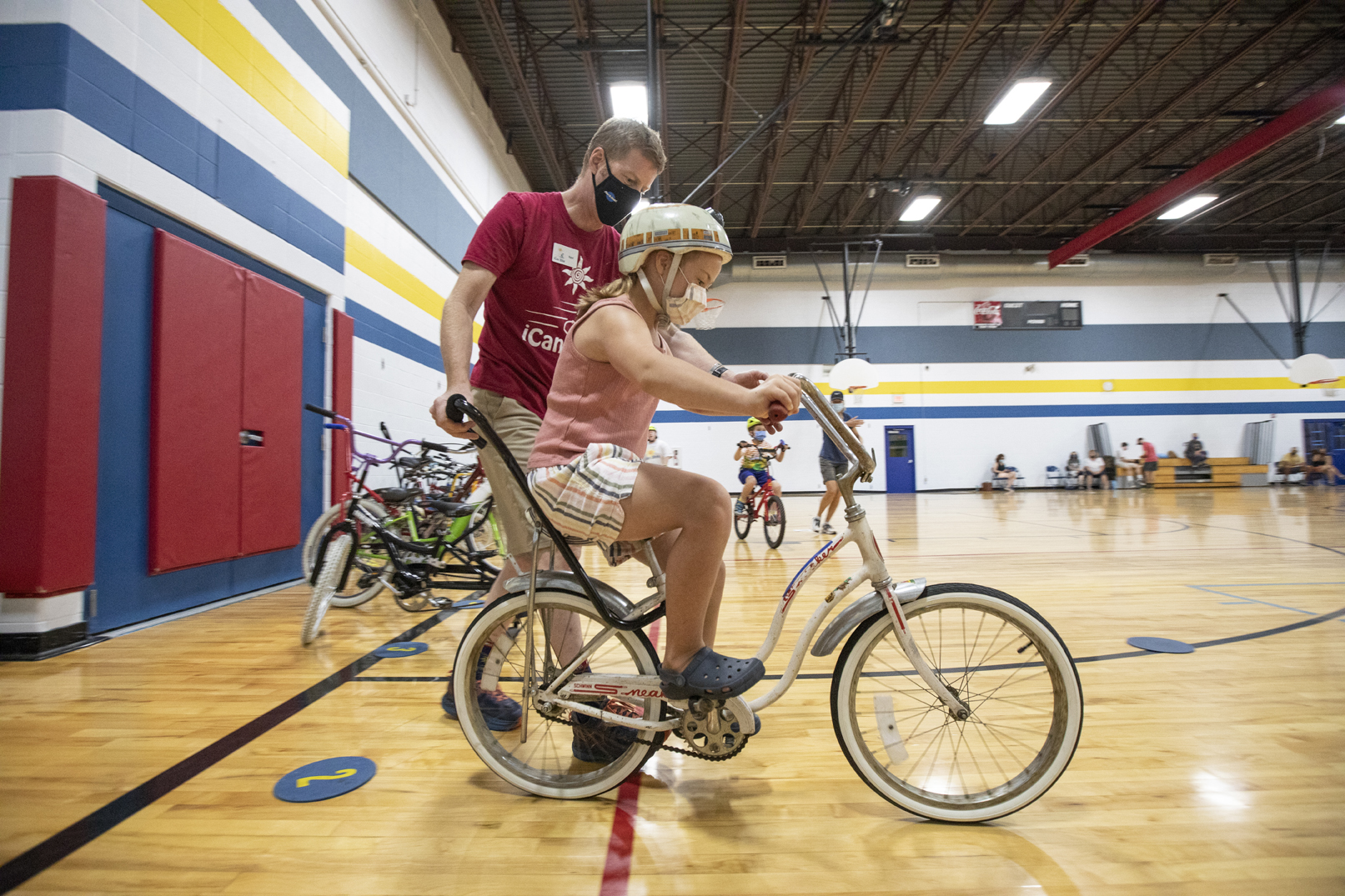Becoming a family caregiver for a loved one with disabilities is one of the most selfless things a person can do. While rewarding, taking care of family comes with its share of challenges. The simple fact of the matter is, whether you’re caring for your child or sibling, you’re in for a world of new learnings and experiences.
In this article, we will talk about what it means to be a family caregiver. Keep reading to discover more about the roles and responsibilities of a family caregiver, caregiving tips, as well as resources that can help!
Taking Care of Family
Family caregivers are among the most compassionate individuals on the planet. They provide continuous care for their loved one, expecting little to nothing in return.
8 Responsibilities of Caregivers:
- Medical and prescription management
- Assistance with daily living needs (nutrition, bathing, dressing, etc.)
- Home maintenance
- Transportation
- Financial accountability
- Advocacy
- Planning for future needs
- Companionship
An estimated 53 million Americans (one in five) provide unpaid care to adults with health or functional needs, a 9.5 million person increase between the years of 2015 and 2020.
The Price of Providing Unpaid Care
Family caregivers devote so much time to their loved one that it can be easy for them to fall into a pattern of abandoning their own needs. Without proper balance, caregivers have the potential of experiencing compassion fatigue, which is burnout one feels from using too much empathy. Compassion fatigue can result in the caregiver overlooking their own health concerns.
4 Signs of Caregiver Stress:
- Lack of physical activity
- Poor diet
- Sleep deprivation
- Failure to make important appointments
These side effects can be alleviated if caregivers make room to practice self-care. Self-care can be utilized while simultaneously caring for a loved one, minimizing stress and struggle.
Be Your Best Self
As a family caregiver, the best thing you can be is the best version of yourself. That’s why it’s critical to practice self-care. Now, a self-care routine in itself may sound overwhelming; you may think you don’t have enough time in your day to incorporate self care, but it doesn’t have to be a big production. Self-care can be as simple as getting enough sleep, eating a well balanced diet, and asking for advice when you need it. To learn more about how you can achieve a better sense of well-being, take a look at our article: Self-Care Strategies for Family Caregivers.
You cannot give from an empty vessel. Taking time to relax and recharge will help make you an even better caregiver!
Resources for Family Caregivers
Along with self-care, family caregivers can find rejuvenation in the support of local resources and organizations. You spend the majority of your life caring for a loved one. It’s time for someone to care for you.
Five Caregiver Support Groups:
- Wisconsibs is devoted to supporting the siblings of individuals with disabilities. This community of caregivers and companions understands the trials and tribulations of caregiving and are happy to help connect siblings with resources along their lifelong journey.
- Parent 2 Parent of Wisconsin is dedicated to expanding parents’ emotional support network. Parents of children with special needs know firsthand the realities of being a caregiver. Parent 2 Parent believes that no one should ever feel alone, so they help parents on similar paths make one-on-one connections with each other.
- Family Voices of Wisconsin advocates for family members who have a loved one with special health care needs. They provide training to help families navigate the many services available such as medicaid, long-term support, and private health insurance.
- The Wisconsin Board for Persons with Developmental Disabilities is passionate about bringing people together and creating statewide change to solve the problems and barriers facing the developmental disability community.
- Wisconsin’s Family Caregiver Support Programs encourages caregivers to seek resources and assistance. These programs assure that caregivers are providing the best care for their loved one, and for themselves.
Discover Respite Care and Peace of Mind at Covey
At Covey, we know that caregiving is a 24/7 job, and we’re here to help! Located in Oshkosh and Appleton, Wisconsin, Covey is a non-profit organization that specializes in respite care services, community engagement, and other important programs that foster personal growth.
For family caregivers, respite care programs are a wonderful solution for when you go out of town, go to work, run errands, or simply need a little rest and relaxation. Our compassionate caregivers provide round-the-clock care including planned activities and outings, medication assistance, behavior management, nutritious meals, personal care assistance, and more.
Respite care is flexible, too! We welcome clients for as little as two hours or as long as 28 days. Whether you’re out of town or just need to run some errands, you can be confident that your loved one is in good hands.
Interested in learning more about our respite care program? Contact us at info@covey.org!

